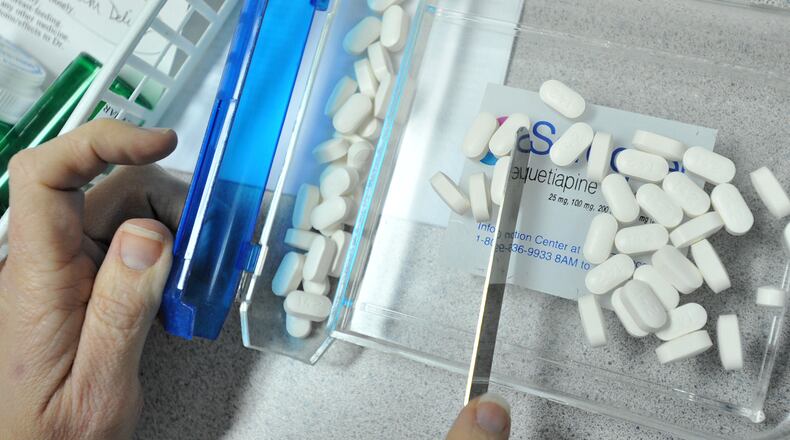In an ideal scenario, the best patient care is a team-based approach – one in which primary physicians, specialists and other practitioners are working in concert. So how do we work to achieve that end? One viable solution is to update Medicare rules that currently dissuade pharmacists from joining the team. The Pharmacy and Medically Underserved Areas Enhancement Act, being considered by Congress, addresses this issue.
Research shows nearly 70 percent of Americans take at least one prescription medication. About half the adult population takes two or more medications, often prescribed by multiple physicians. Add to this the inconvenience for elderly patients of having to travel extended distances just to see a doctor. This is where pharmacists can play an integral role in team-based health care.
Pharmacists are trained to identify dangerous drug interactions and duplicative therapies and to educate patients on the most effective use of their medications. Medication therapy management takes significant one-on-one time with patients. No doubt, patients benefit. Another less obvious benefit: the cost savings realized by insurance companies and government assistance programs. As a pharmacist practicing in a rural community, I can personally attest to these results.
Roughly a year ago, I began working with an elderly patient who was prescribed 20 different medications by four different specialists. The challenge of managing these therapies was daunting. The patient routinely failed to comply with his treatment regimen and was admitted to the hospital time and again for more costly treatment. After talking with each of his physicians, it was clear none had an accurate picture of our patient’s pharmacological history.
By working together, I am proud to report our patient is taking 60 percent fewer medications. He now manages his own treatment, and his hospital visits have declined dramatically.
Why aren’t more pharmacists and doctors seeing these results? It’s simple economics. Generally, I spend two to three hours consulting with a new patient — answering questions about prescriptions, discussing side effects and performing screening tests. Monthly follow-up consultations allow me to identify whether patients are following through with recommendations. Ultimately, this ongoing care encourages patients to take ownership of their health care and overall well-being.
Yet neither Medicare nor other insurance programs reimburse me, or any pharmacist, for the individualized attention we provide. Congress has the power to correct this oversight with legislation that grants pharmacists “provider status” under Medicare. This modification would ensure pharmacists are compensated for treating seniors, and it would encourage better collaboration with physicians on a routine basis.
Let’s work together to improve health care in Georgia. Urge your representatives in Congress to support the Pharmacy and Medically Underserved Areas Enhancement Act.
Tina Chancy is a pharmacist who, with her husband, owns pharmacies in Hiram, Valdosta and Adel.
About the Author
Keep Reading
The Latest
Featured


